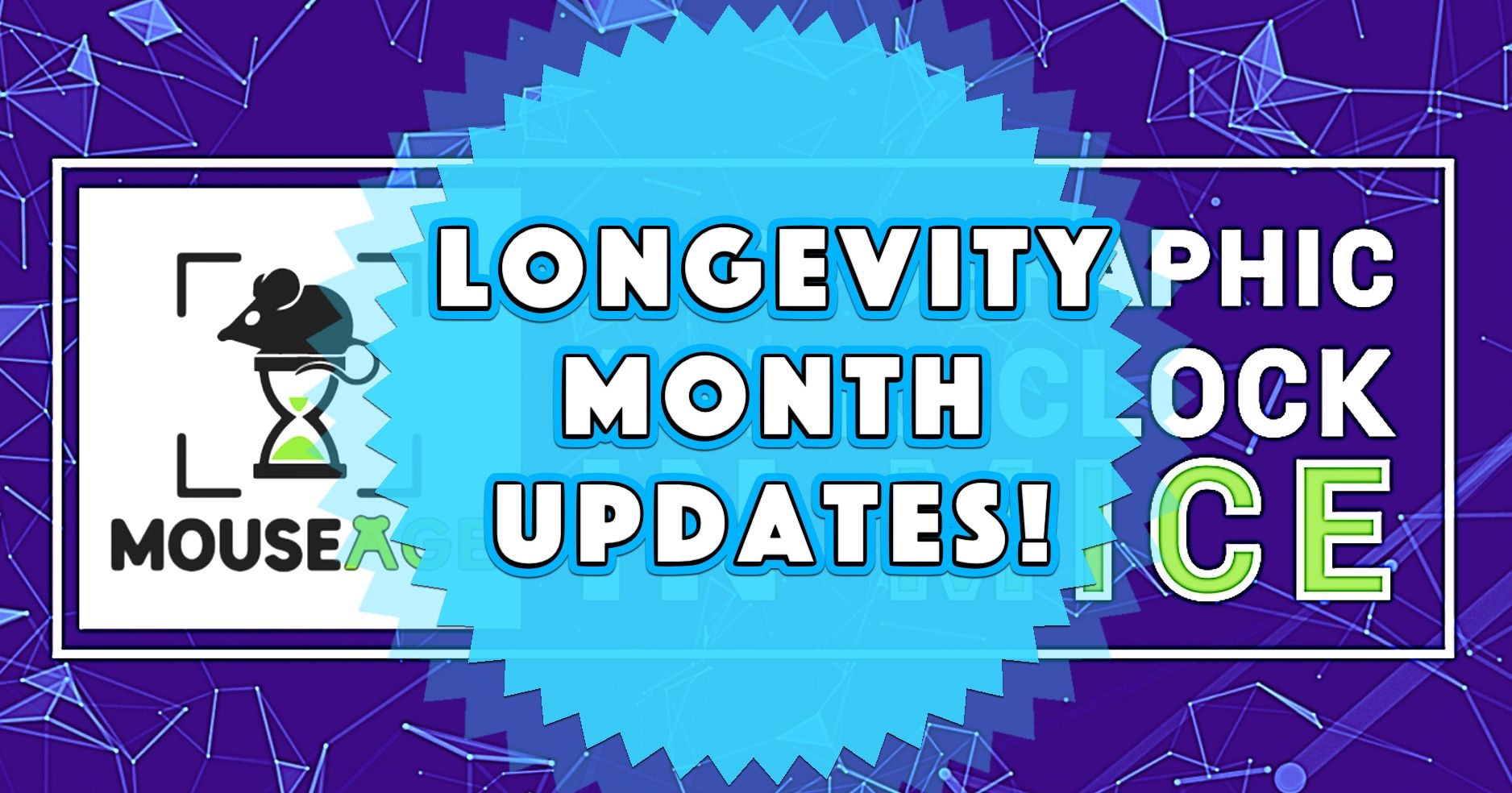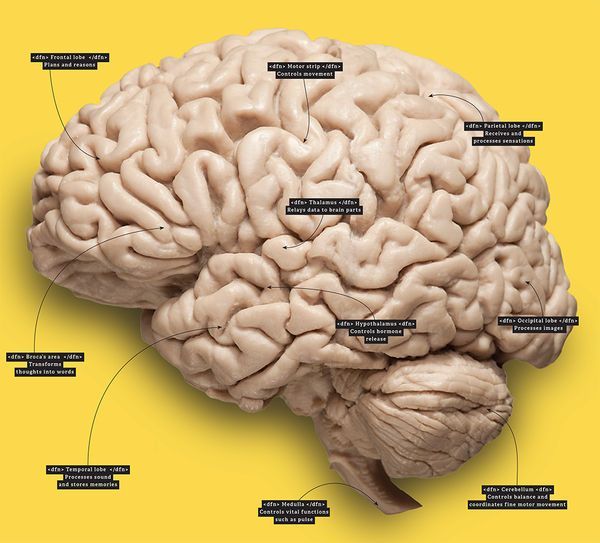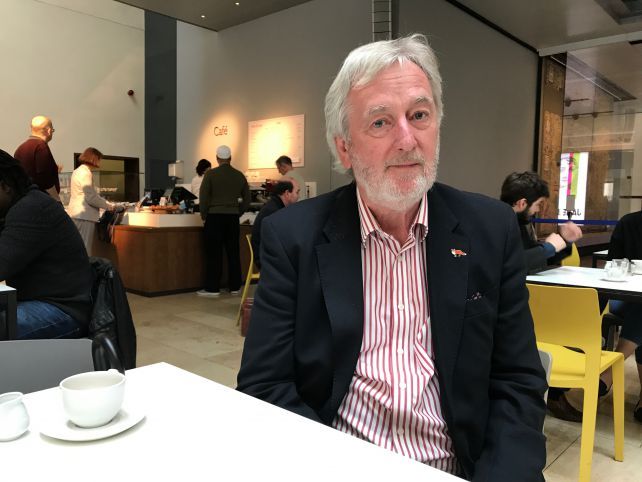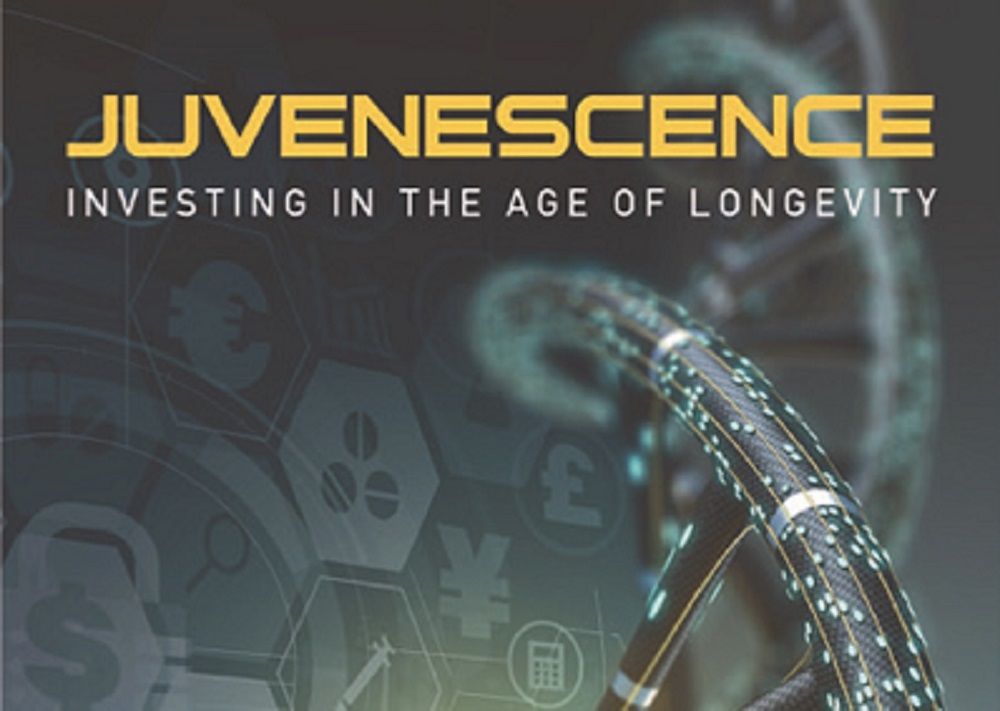To coincide with our initiatives for Longevity Month, we are happy to announce some exciting updates for the MouseAge campaign to create a visual biomarker for mouse aging and speed the pace of longevity-focused mouse trials.


This year we want to continue this tradition by doing something special, making a video to showcase you, our community, as it is only with your outstanding help that we have been able to accomplish so much in such a short period of time.
To learn more visit our website today: https://www.leafscience.org/longevity-month-2017-tell-us-your-story/


This report on the NAD booster nicotinamide mononucleotide (NMN) will definetly be of interest to Lifeboat members.
NAD is the fountain of youth in mice and is boosted by NMN. This report includes highlights of Aug 2017 interview with Dr. David Sinclair, the researcher who discovered that the anti-aging molecule NAD has rejuvenating effects on mice.
Summary: NMN as a NAD-boosting anti-aging drug. Highlights of the August 2017 interview with David Sinclair, the scientist who discovered that the fountain of youth molecule NAD has remarkable rejuvenating effects on mice. The career of David Sinclair follows a link between sirtuins, resveratrol, NAD-boosting anti-aging compound nicotinamide mononucleotide (NMN), and calorie restriction.
Professor David A. Sinclair, Ph.D. has discovered what may be the fountain of youth. The Australian geneticist with the UNSW School of Medical Sciences and Harvard Medical School reported that by boosting NAD, a naturally-occurring compound found in our bodies, he was able to reverse DNA damage and turn elderly mice into energetic young ones.
That’s all fine and well for mice, but when will clinical trials show that NAD-boosting NMN is safe and effective for us humans?
Dr. Mark Katakowski makes the case that rejuvenation of the bone marrow niche is a practical approach to life-extension today. Mark is President of the longevity company Forever Labs, and is a medical physicist with extensive experience developing stem cell therapies for neurological disease and injury.
Mark was first to demonstrate that microRNA functions as a communication molecule between brain tumor cells, a previously unknown mechanism of intercellular eukaryotic gene regulation. Based upon his use of stem cells to treat age-related disease, Mark surmises that rejuvenating the bone marrow provides significant opportunity to combat aging.

This is the moment at which I press Dr Leeson to come clean and tell me if I might live to 300 because of pluripotent stem cells that could be set free to regrow or recreate bits of my anatomy as they wear out. Is this science fiction or is this real, I ask?
‘It’s real — it’s already happening…’
Oxford Today talks to the Director of the Oxford Institute of Ageing, Dr George Leeson.

Jim Mellon and Al Chalabi are back with another successful venture into the world of science investment. Following their acclaimed 2012 book “Cracking the code”, whose spotlight was on the life sciences industry, Juvenescence takes us on a compelling journey through the dawning market of longevity and rejuvenation biotechnology, which the authors predict will be the biggest “money fountain” to hit the financial world in the coming years.
Juvenescence is a visionary book, debunking the sometimes questionable past of longevity research and steering us towards a ‘brave new world’ in which advances in medicine are already leading to clinical trials whose aim is to extend human lifespan to unprecedented levels.
Mellon and Chalabi come across as eloquent devotees of cold, hard science, and for a book targeted primarily at investors, biologists and experts will be hard-pressed to find inaccuracies in the many heavily technical sections. The authors explain the science of aging in an engaging and accessible manner, bridging the gap between the lab and the public with ease and tact. They employ elegant metaphors to explain complex processes as well as some light-hearted ones, including the “Deadly Quintet”, which reads more like the title of a long-lost Tarantino film, or the “Actuarial Escape Velocity”, a reference to the controversial “Longevity Escape Velocity” promoted by Aubrey de Grey. Mellon and Chalabi use state-of-the-art research whenever possible, with recent, fresh-from-the-lab studies making up the majority of sources.

Very recently, the World Health Organization, which is essentially the United Nations’ agency for coordinating international health-related efforts, has launched The Global Online Consultation on Research Priority Setting for Healthy Aging. A corresponding survey is available on the WHO website and can be filled until September 30. As WHO is the main source of policy recommendations for the UN member states, its position can significantly influence the allocation of state funding to different areas of scientific research.
This is why we at LEAF urge you to step in and fill out the WHO survey; our community needs to demand more focused efforts to understand the basic mechanisms of aging, to develop innovative therapies to address these mechanisms, and to remove the barriers delaying the implementation of rejuvenation technologies into clinical practice.

Summary: Without DNA repair, the damage in our genome builds up, which in turn causes disease and aging. Repairing DNA damage is one of the holy grails of anti-aging medicine. As a review earlier this month shows, scientists have made headway in understanding our DNA repair mechanisms. While researchers haven’t found a way to repair DNA damage, they have found potential ways to mitigate some of its effects.
For those us wanting to live in good health to the age of 120, the damaged DNA in our bodies is keeping us from reaching our goal.
Research has shown that our DNA repair mechanisms decline as we get older. Unless we are lucky to be among the tiny percentage of centenarians who are blessed with superb DNA repair mechanisms, the odds are that unrepaired DNA damage will strike us down with chronic diseases before we reach our goal.